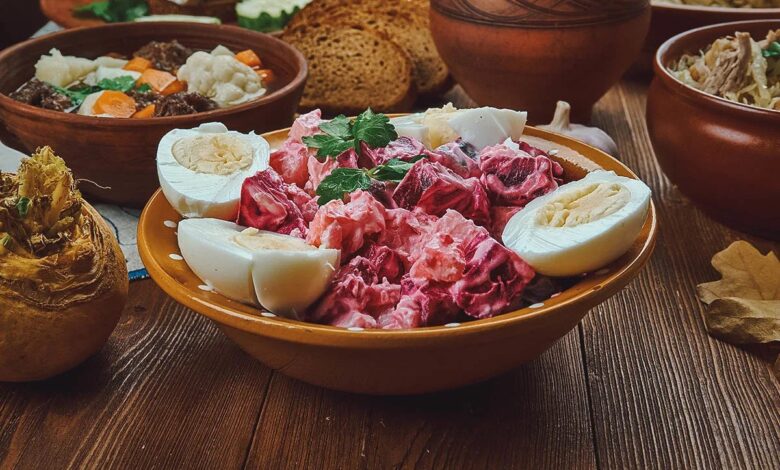Unveiling the Essence of Põde: Exploring the Multifaceted Meaning and Cultural Significance

Introduction
In the tapestry of languages, certain words encapsulate profound meanings that transcend mere linguistic expressions, delving deep into the cultural ethos of a community. One such word is põde. This Estonian term carries layers of significance, reflecting not only a state of being but also embodying cultural nuances and historical echoes. In this article, we embark on a journey to unravel the rich tapestry of põde, exploring its multifaceted meaning, cultural significance, and resonance in contemporary contexts.
Exploring the Linguistic Dimensios:
At its core, “põde” encapsulates the essence of illness or affliction. Derived from the Estonian language, the word serves as a linguistic vessel to articulate physical ailments, thereby bridging the gap between the individual experience of suffering and its expression within the societal framework. However, its linguistic connotations extend beyond the mere description of bodily malaise, encompassing a spectrum of emotional and psychological distress.
Cultural Reverberations
Beyond its linguistic confines, põde permeates the cultural fabric of Estonia, echoing through folkloric tales, traditional healing practices, and communal rituals. In the folklore of Estonia, the concept of põde intertwines with narratives of resilience as protagonists navigate through trials of affliction to emerge victorious. Moreover, traditional healing practices imbue põde with a sense of holistic well-being, acknowledging the interconnectedness of mind, body, and spirit.
Historical Context
To truly grasp the significance of põde, one must delve into its historical context, wherein the word becomes a testament to the endurance of the Estonian people in the face of adversity. Across epochs marked by tumultuous events, from foreign invasions to periods of occupation, põde serves as a poignant reminder of the resilience ingrained within the Estonian identity. Moreover, the evolution of medical practices and healthcare systems within Estonia reflects the ongoing dialogue between tradition and modernity, wherein põde occupies a central role in shaping perceptions of health and healing.
Contemporary Relevance
In contemporary Estonia, the significance of põde reverberates amidst the backdrop of rapid societal transformations and global challenges. As the nation grapples with issues of healthcare accessibility, mental health awareness, and the impact of globalization on traditional cultural practices, põde emerges as a prism through which to examine these multifaceted dynamics. Moreover, the revitalization of traditional healing modalities and the integration of indigenous knowledge systems into mainstream healthcare underscore the enduring relevance of põde in navigating the complexities of modernity.
Conclusion
In essence, põde transcends its linguistic origins to become a symbol of resilience, cultural heritage, and collective identity. As Estonia traverses the currents of change, the significance of põde serves as a guiding light, illuminating the path toward holistic well-being and societal harmony. In embracing the depth of its meaning and the richness of its cultural resonance, we honor not only the word itself but also the enduring spirit of the Estonian people.
Must Read: Põde – A Delicious Estonian Comfort Food



